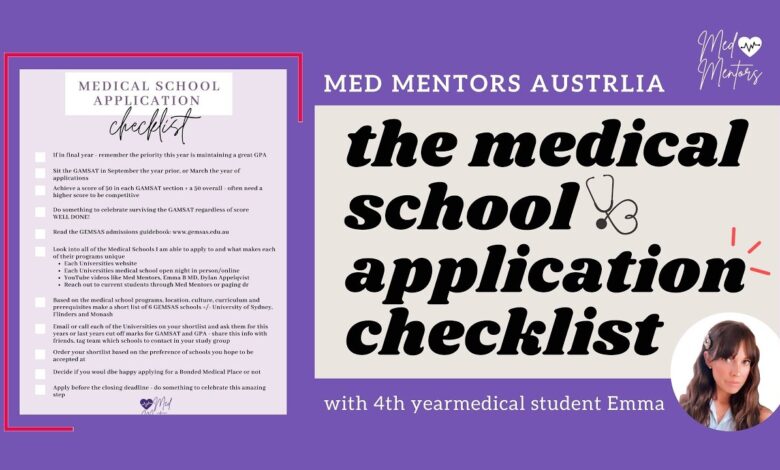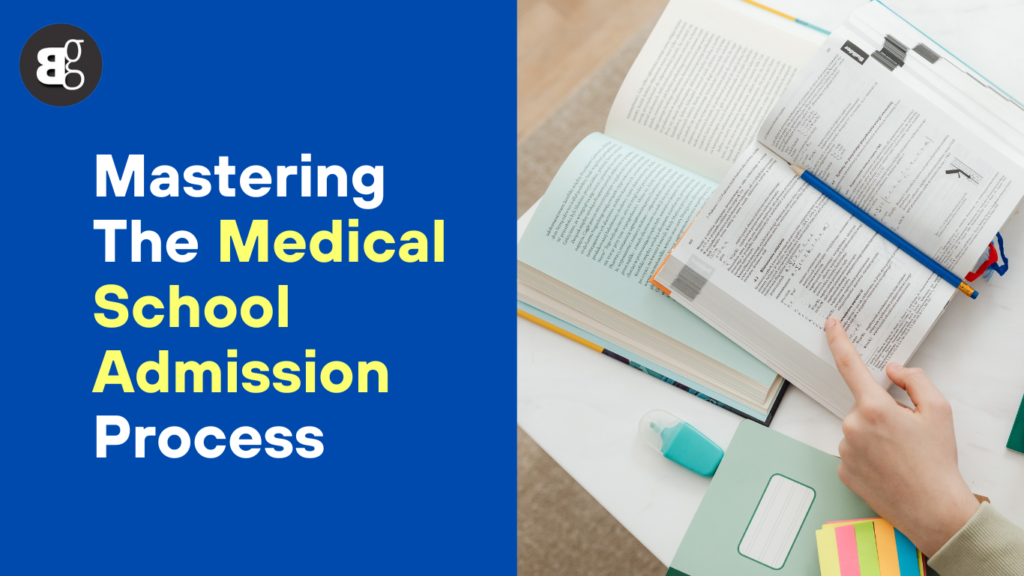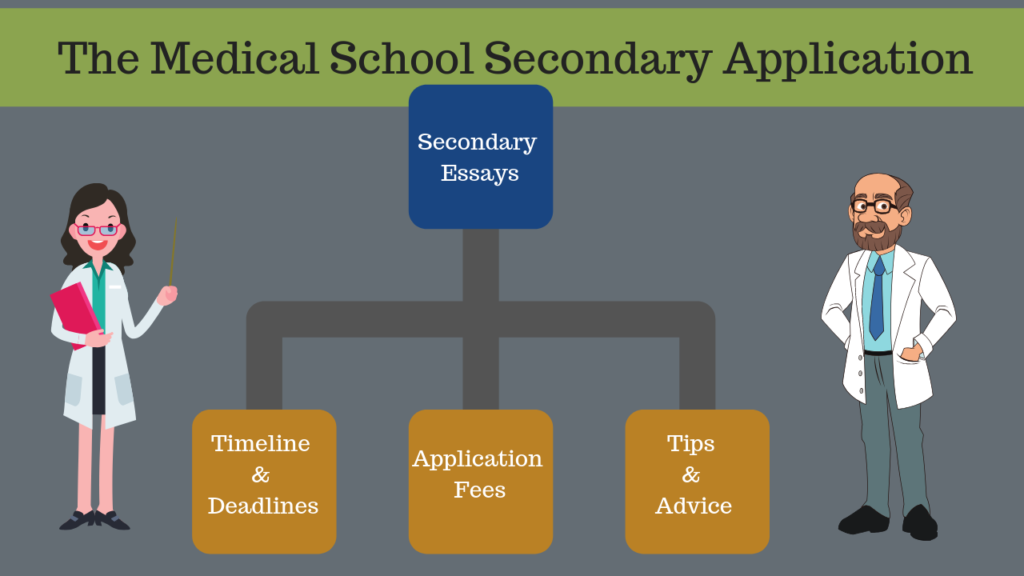Do Med Schools Read Apps in Order? Here’s What You Need to Know

Do med schools read apps in order? This is a common question among aspiring medical students, and it’s essential to understand how your application will be reviewed. When you submit your application to medical schools, it’s not just about submitting papers; the process of how schools look at them plays a big role in your chances.
In this article, we will explore the truth behind how medical schools review your application. We’ll answer whether med schools truly follow a specific order and what that means for you. Knowing how admissions officers process your application can help you ensure that every part of your submission stands out for the right reasons.
Do Med Schools Read Apps in Order? The Surprising Truth
Do med schools read apps in order? It’s a question that many students ask when applying to medical schools. The truth is, medical schools do not always follow a strict order when reviewing applications. Admissions teams have a system to evaluate each applicant, but they look at different parts of the application in different ways.
When you submit your application, schools first check if you meet the basic requirements, like your GPA and test scores. After that, they look at your personal statement, letters of recommendation, and extracurricular activities. While some parts of the application are read first, others may be reviewed later. The order can change depending on how each medical school handles the process.
Admissions officers look at your application as a whole. They want to see if you fit well with their program and whether your skills and experiences show that you are ready for medical school. So, while the exact order may vary, all parts of your application are important.
How Are Medical School Applications Reviewed? A Step-by-Step Process

The process of reviewing your medical school application involves several key steps. While the exact order may change depending on the school, there is a general approach that most schools follow. Let’s take a look at how medical schools read and review your application.
Initial Screening
- First, admissions officers check that your application is complete and that you meet the basic requirements, like test scores and GPA.
- They also make sure that all required documents, such as your transcripts and letters of recommendation, are included.
Detailed Review
- Once the basic information is confirmed, schools focus on reviewing your personal statement and essays. These give the admissions team a sense of who you are and why you want to become a doctor.
- They also check your extracurricular activities to see if you have real-world experience in healthcare or volunteer work.
Understanding Med School Application Review: What Happens First
When you submit your application, the first thing that happens is that the medical school will confirm that all required information is included. This includes transcripts, test scores, and letters of recommendation. If everything is in place, they move to the next step in the review process.
Next, the admissions team will look closely at your academic qualifications. This includes your GPA and scores from the MCAT (if required). These are the first things that schools check because they show whether you meet the basic standards for being accepted.
However, grades and test scores alone are not enough to get into medical school. Schools also pay attention to the personal qualities that make you a good fit for their program. So, while the order of review might start with academic information, other factors like your personal statement or recommendation letters are equally important.
Do Med Schools Prioritize Any Parts of the Application

Do med schools prioritize certain parts of your application? The short answer is yes. While they read all parts of your application, some sections are given more weight than others. For example, schools often pay extra attention to your GPA and MCAT scores because these are key indicators of your academic ability.
Another area of focus is your personal statement. This is where you explain why you want to become a doctor and what experiences have shaped your decision. A well-written personal statement can make a big difference, especially if your grades are not as strong.
Finally, letters of recommendation are important too. They provide insight into your character and work ethic. Strong letters can help your application stand out and show that you are committed to becoming a doctor.
Conclusion
The answer to “do med schools read apps in order?” is not as simple as yes or no. While there is no strict order, medical schools do follow a process to review all parts of your application. They look at your grades, personal statement, and letters of recommendation, but the exact order can vary from one school to another. It’s important to remember that every part of your application counts.
What matters most is that each part of your application highlights why you are a great fit for medical school. Make sure your grades are strong, your personal statement is thoughtful, and your experiences show that you are committed to becoming a doctor. By following these steps, you can make sure your application stands out and has the best chance of being noticed.
FAQs
Q: Do med schools look at applications in order?
A: No, medical schools do not follow a strict order when reviewing applications. They review each part of the application carefully, but the process may vary between schools.
Q: What is the first thing med schools check in an application?
A: The first thing med schools check is usually your academic qualifications, including your GPA and test scores, to make sure you meet their basic requirements.
Q: How important is the personal statement in the application process?
A: Your personal statement is very important! It allows you to explain why you want to become a doctor and shows your passion for medicine.
Q: How long does it take for med schools to review applications?
A: The time it takes can vary. It may take several weeks or longer for med schools to review all the applications thoroughly.




